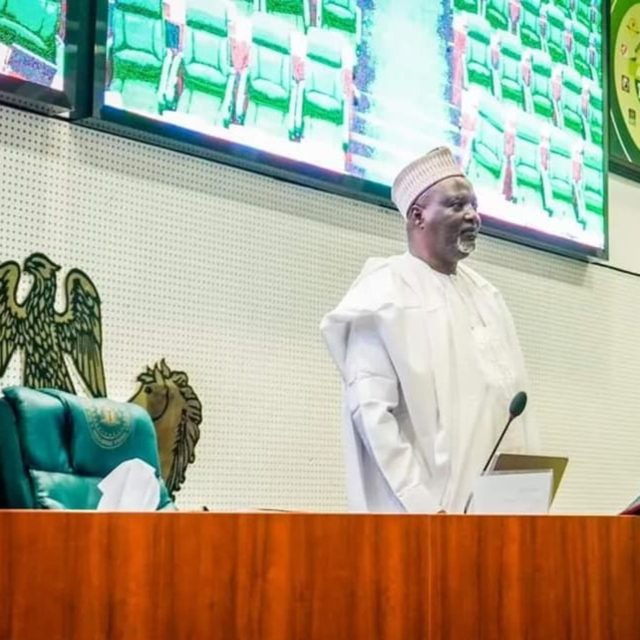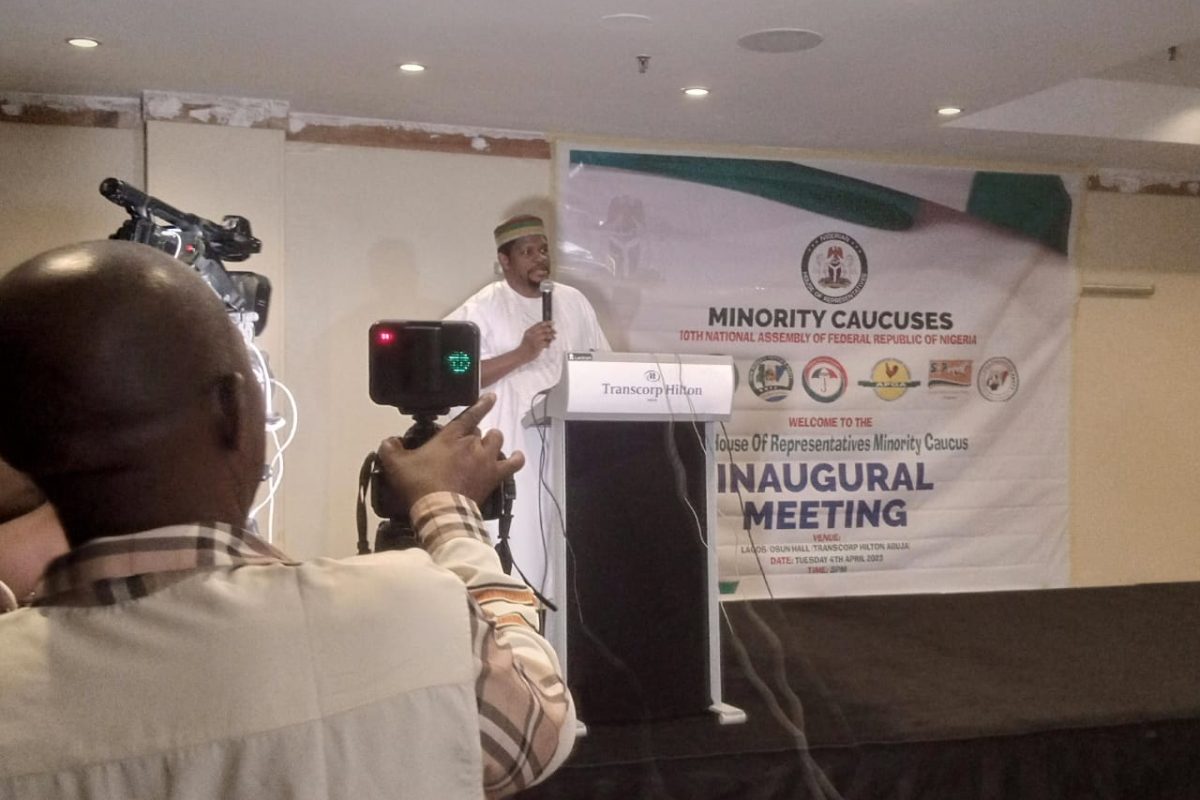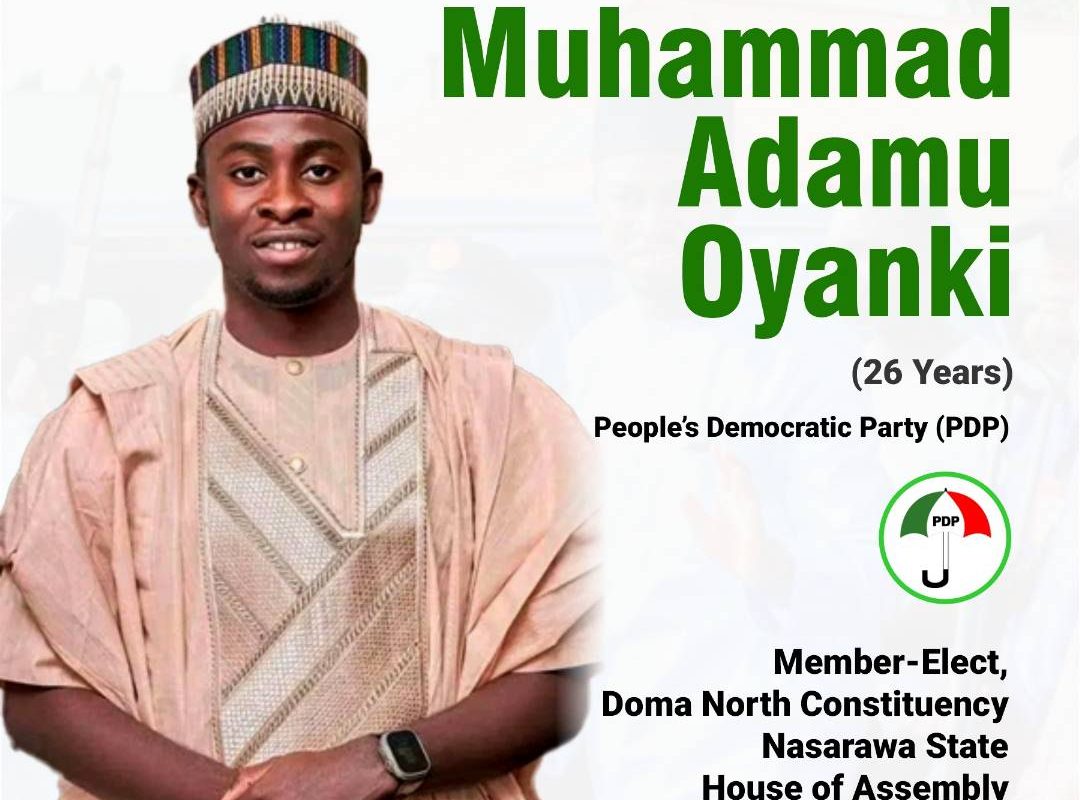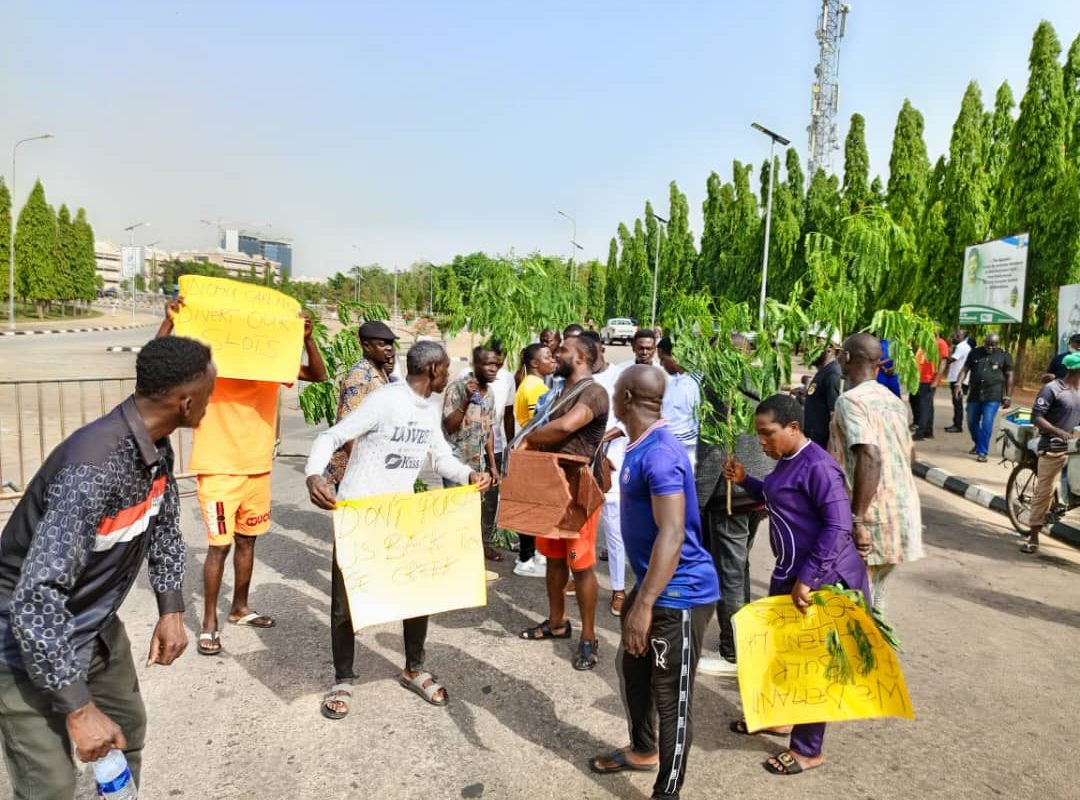Towards ameliorating the suffering of Nigerians, lawmakers in the House of Representatives urge NMDPRA to seek the collaboration of security agencies to ensure that petrol is sold at the regulated price and in all retail outlets

The House of Representatives on Tuesday gave the Nigeria National Petroleum Company Limited (NNPCL) a one-week ultimatum to end the protracted and artificial scarcity of premium motor spirit (PMS) and ease the suffering of Nigerians.
The lawmakers also called on the Nigerian Midstream Downstream Petroleum Regulatory Authority (NMDPRA) to seek the collaboration of the Nigerian Police Force (NPF) and Directorate of State Security Service (DSS) to ensure that petrol is sold at the regulated price and in all retail outlets.
These resolutions followed a motion of Urgent National Public Importance titled ‘Urgent Need For The Government To End The Current Fuel Scarcity’ brought by Rep. Saidu Musa Abdullahi (APC, Niger).
“The House notes that in the last few months, Nigerians have been subjected to untold hardships caused by the lingering petrol scarcity, affecting economic activities and making the already trying times in the country more difficult.
Furthermore, the House notes that the NMDPRA advance excuses to justify the fuel scarcity. Firstly, when the scarcity reared its ugly head at the peak of the rainy season in October this year, NMDPRA said, “the fuel scarcity in Abuja and other Northern states was caused by rainfall which submerged the greater part of Lokoja including the highway leading to Abuja, a development that grounded all vehicular movements along that route.”
READ ALSO: “Constitution amendment may not be concluded in 9th NASS” – Gbajabiamila
According to Abdullahi, “soon after floods/rains receded in Lokoja and the petrol scarcity continued, the President of the Independent Petroleum Marketers Association of Nigeria (IPMAN) said the situation has continued to persist because of the supply gap created by the blockade in Lokoja. The IPMAN affirmed that there was enough product in the depots and that the break in supply of the product only caused the lingering scarcity.
When the scarcity continued, and all the excuses advanced by the stakeholders were watered down, the National Operations Controller of IPMAN advanced another reason and argued that the scarcity was because of an unsteady supply of the products.”
He also expressed concern that “Intelligence reports on current fuel scarcity gathered by our securities agencies indicated that there is a deliberate plan by some oil marketers to derail the effort of the government in the distribution of fuel in the country by hoarding the petroleum products and thereby creating artificial scarcity all over the country.
While the fuel scarcity is heating petroleum stations of some major marketers that are currently selling fuel on government regulated price, some independent marketers who operate in the Market have enough petroleum products selling at unregulated prices.”
READ ALSO: Parliament Meme: Behaviour of Members in the House of Representatives II
The House expressed worry that: “most of those fueling stations have resulted to selling fuel at over N300 per litre. It is observed with dismay that those who are gaining from this artificial fuel scarcity appear to be smiling home as a result of this ugly development, and this has the potency to provoke innocent Nigerians against the government.
Further worried that generally, there is a hue and cry over this ugly development, and unfortunately, those that are charged with the responsibility of taking control of this situation are not doing enough to combat the ugly development. This appears to be a dangerous signal that the Government must tackle without further delay to restore normalcy.
Disturbed that lingering fuel scarcity has compounded the woes of millions of Nigerians struggling to survive as prices of items continue to make a rapid surge. It has added a high cost of living to Nigerians, which surged to a 17-year high of 21.09 per cent in October this year.
Further disturbed that the inability of the regulators of the petroleum sector to end this artificial scarcity of petroleum products forced the Department of State Security Services (DSS) to issue an ultimatum to the NNPC and oil marketers to end the artificial scarcity within 48 hours.”
Ruling on the motion, the Deputy Speaker, Ahmed Idris Wase, who presided over the plenary, mandated the House Committees on Petroleum Resources (Downstream) and Legislative Compliance to ensure compliance.
Elizabeth Atime
Lizzy Chirkpi has a BA in French and is a senior reporter at OrderPaper. She has keen interest in photo journalism and video documentaries. Author of the book; 'Pourquoi Le Français,' she likes reading, traveling and watching movies.



